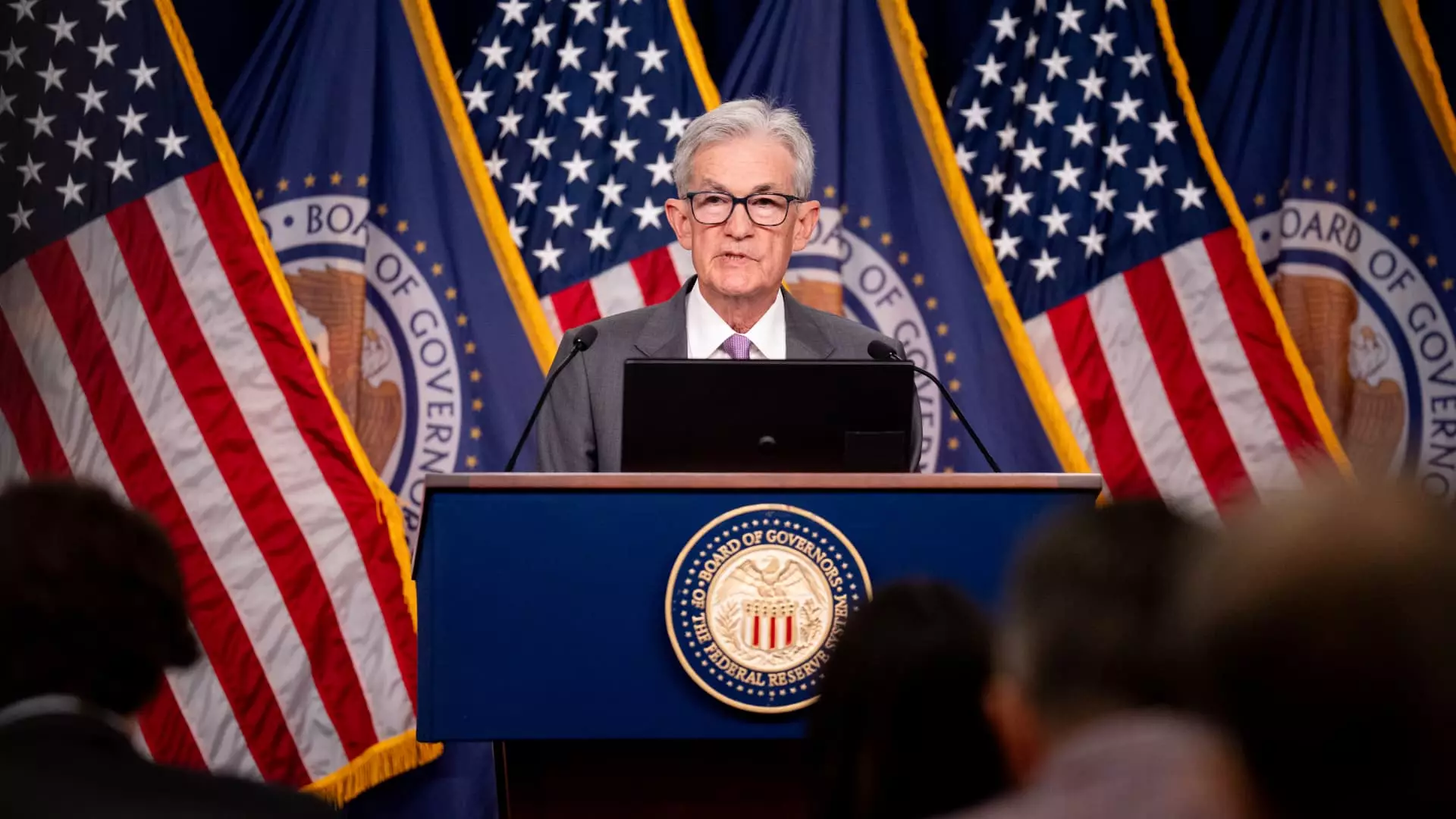As British fund manager abdrn predicts a potential soft landing for the U.S. economy, concerns about a prolonged slowdown in 2025 are still looming. Kenneth Akintewe, the company’s head of Asian sovereign debt, raised doubts about the Federal Reserve’s policy decisions, questioning whether they are heading towards a mistake.
Akintewe highlighted the discrepancies in economic data, specifically mentioning the later revisions of non-farm payrolls that reflected a weaker economic outlook. With the U.S. Labor Department reporting 818,000 fewer jobs created from April 2023 to March 2024 than initially stated, the Bureau of Labor Statistics revealed that the actual job growth was significantly lower than previously reported. Such discrepancies raise concerns about the accuracy of economic data and the implications it has on policy decisions.
The delay in revising economic data and the time it takes for policy changes to impact the economy pose risks of policy mistakes by the Federal Reserve. Akintewe emphasized the importance of accurately assessing the current state of the economy to determine the appropriate policy measures. If the economy is indeed weaker than the headline data suggests, there is a need for timely and effective easing measures to prevent a prolonged slowdown.
Akintewe criticized the market’s fixation on predicting the size of potential rate cuts by the Federal Reserve. He questioned the rationale behind maintaining a policy rate of 5.5% when inflation is significantly lower, suggesting that adjustments should be made to reflect the current economic environment. With uncertainties in the market, the need for a more proactive and adaptive approach to policy decisions becomes evident.
Recent data on personal consumption expenditures and inflation levels indicate a moderate increase, aligning with expectations for a smaller rate cut by the Federal Reserve. While U.S. rate futures suggest a lower probability of a significant rate cut, market expectations remain divided on the extent of monetary policy adjustments in the upcoming period.
The potential risk of a prolonged economic slowdown in 2025 raises concerns about the adequacy of current policy measures and the accuracy of economic data. As uncertainties persist in the market, the need for a more vigilant and responsive approach to policy decisions is essential to mitigate risks and support economic stability. By critically analyzing the economic landscape and policy implications, stakeholders can better navigate the challenges ahead and make informed decisions to safeguard against potential downturns.

Leave a Reply